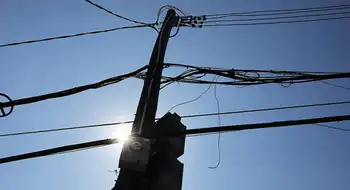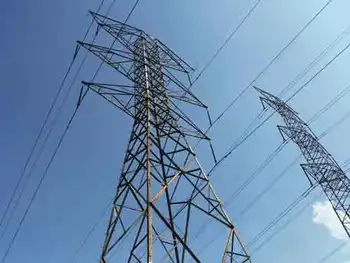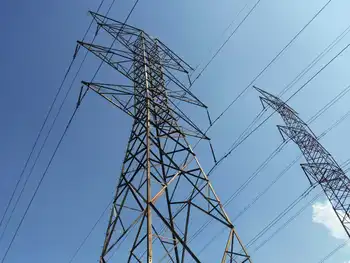British bill puts curbs on gas emissions
LONDON, ENGLAND - The British government proposed bold new environmental legislation that would set legally binding, long-term limits on carbon emissions – a move it hopes will prompt the United States, China and India to follow suit.
The climate-change bill would be the first legislation in an industrialized country to spell out such long-range goals, including a carbon budget set every five years that would cap CO(+2) levels and create an independent body to report on progress. The legislation also calls for binding targets as far ahead as 2050 for reducing carbon emissions.
"This is a revolutionary step in confronting the threat of climate change," Prime Minister Tony Blair said. "It sets an example to the rest of the world.
Britain's political parties have jostled in recent weeks for the "green" vote, seeking to display their environmental credentials in hopes of securing a key battleground in the next national election.
Both Blair's Labour Party and the opposition Conservatives have seized on the issue – devoting more media time to the ozone layer than to British troops in Iraq.
Stung by bad news from Iraq, the prime minister's camp has worked to draw attention to issues in which he can seize the initiative – such as the environment. With Blair planning to step down by September, success in brokering a global carbon pact would be seen as a major achievement.
Blair hopes Germany, which holds both the European Union and the Group of Eight presidencies, and Britain can lead work on a new global pact to curb emissions. The next step is getting the United States, China and India to make similar commitments, he said.
The bill must be approved by both houses of Parliament to become law. The government hopes it will be enacted in the first half of next year.
EU leaders agreed last week that the bloc will produce 20 per cent of its power through renewable energy, as opposed to its current average of 6 per cent.
Under the 1997 Kyoto Protocol, Britain is committed to reducing greenhouse gas emissions by 12.5 per cent from 1990 levels by 2008-2012, as part of an overall European Union target of an 8 per cent reduction. Nations that ratified the Kyoto Protocol – the United States is not one – are expected in the next two years to negotiate post-2012 reduction targets.
The draft bill will go to three months of public and parliamentary consultation before becoming law next year.
The draft legislation was welcomed by environmentalists and opposition groups but some said the targets could be more ambitious.
Related News

New Jersey, New York suspending utility shut-offs amid coronavirus pandemic
NEW JERSEY - New Jersey and New York utilities will keep the power, heat and water on for all customers in response to the coronavirus emergency, both states announced Friday.
Major utilities have agreed to suspend utility shut-offs, a particular concern for people who may be out of work and cannot afford to pay their bills.
“No utility can turn off service … if a person cannot pay their bill as a result of responding to this virus situation,” said New York Gov. Andrew Cuomo during a press conference Friday.
Utilities in New York have voluntarily agreed to this measure, according to the…




